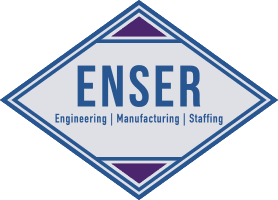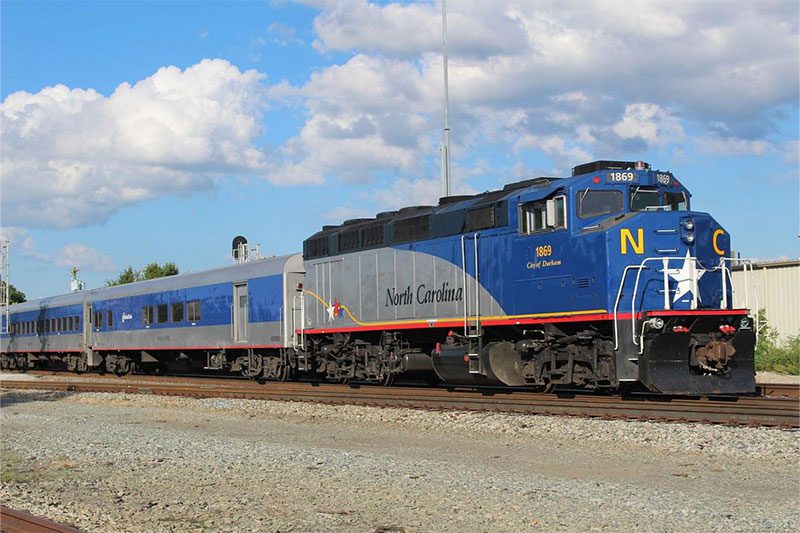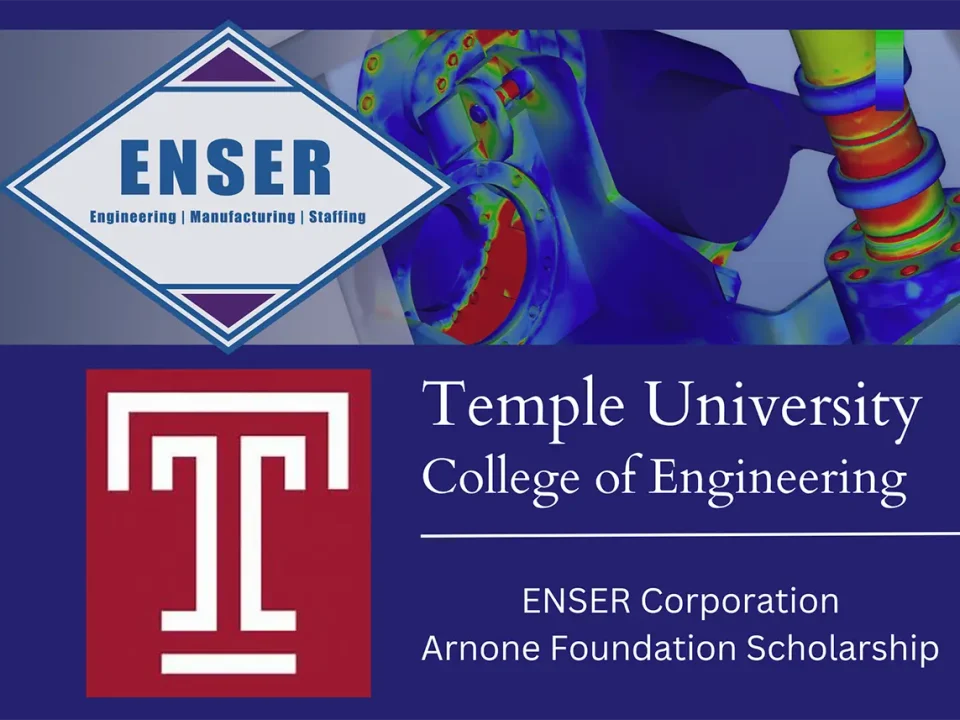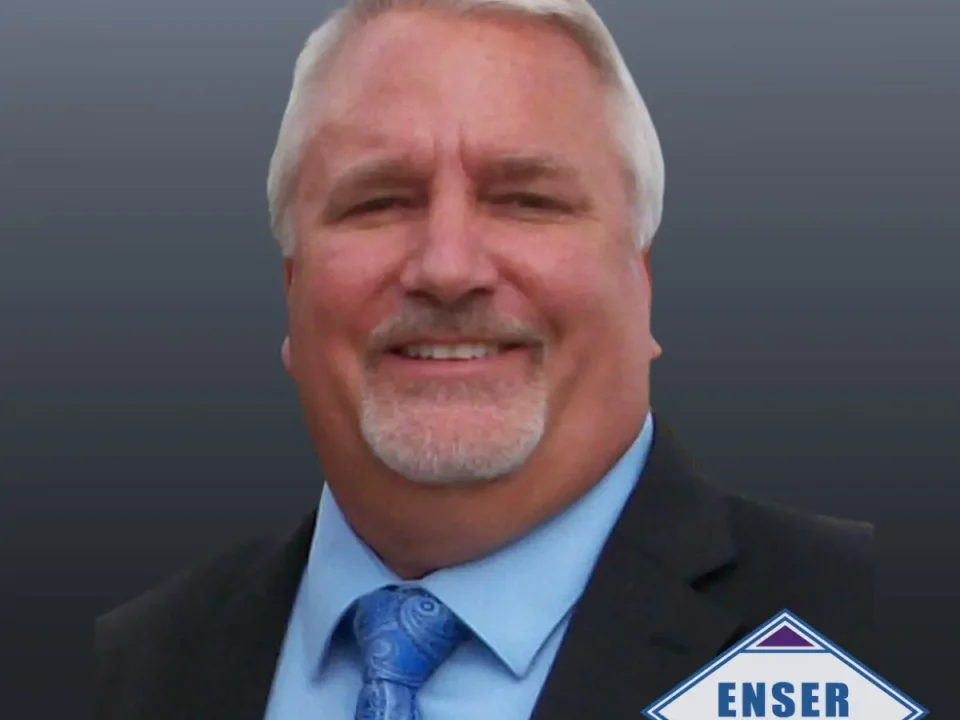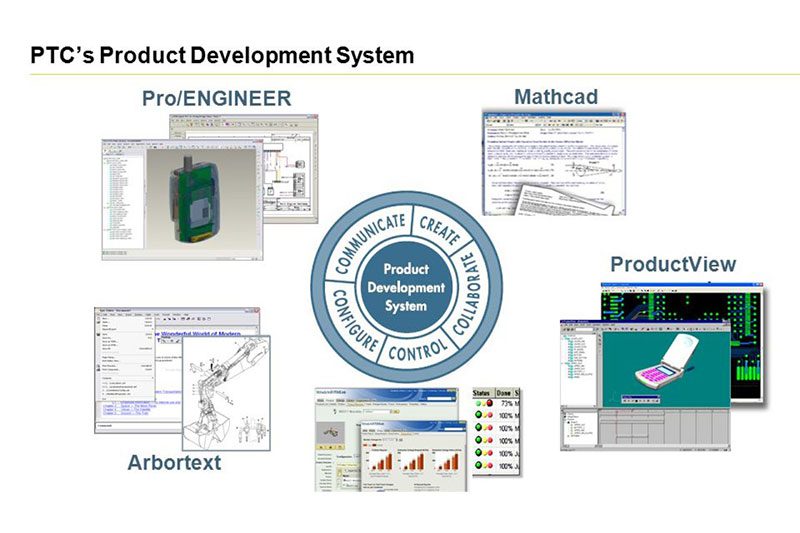
Engineering Services Company ENSER Achieves Platinum Status in PTC Program
October 20, 2007
Is the Off-shoring Phenomenon Starting to Reverse Course?
October 20, 2008Mooresville, state in center of hydrogen fuel cell effort By MEGAN PILLOW Mooresville Tribune Friday, November 30, 2007 Mooresville’s Stan Thompson is becoming a well-known name in the world of hydrogen fuel cell technology. He’s been dubbed “the godfather of hydrogen,” he coined the term for hydrogen-powered railways or “hydrail,” and brought Mooresville into the international limelight when it comes to the discussion of alternative fuels. Now Thompson could be well be on his way toward helping the region, and the state, become the United States’ nexus for the next step in the hydrogen movement: the production of hydrogen-powered vehicles. Thanks in great part to Thompson, say experts, North Carolina has become the new home for a number of businesses interested in the application of hydrogen and fuel cell technology. As a result, even more are now turning their eyes to Charlotte and Mooresville as a potential testing ground, and potential hub of production, for hydrogen fuel-cell powered cars, trains, and streetcars. The fuel source, which combines hydrogen with oxygen in fuel cells and produces electricity to power motors, is highly desirable for a number of reasons: It can be used as an alternative to diesel fuel and it doesn’t require a dependence on fossil fuels. Its only emission is water; it does not produce carbon dioxide or other air pollutants and can even be powered by windmills. Such a desirable fuel source can also provide the potential for great economic development, said Greg Heitman of the Charlotte-based Enser Corporation, an engineering services company which has been in the region for 60 years. Heitman moved to Charlotte recently and said he’s in a unique position to help engineers design manufacturing facilities. While Thompson is quick to highlight the advantages of fuel cells and quick to court the businesses interested in utilizing them, he is even quicker to downplay his own role in promoting this fuel source. It’s in great part because of Thompson, however, that Heitman became interested in hydrogen technology. After hearing Thompson speak on the radio about the potential of hydrogen, Heitman said he convinced his company to provide engineering services to the hydrogen production industry. That kind of investment, he said, is something that both society and his own children could benefit from in the future. And he said, it’s also a potentially fantastic money-making venture, which blends the best of both worlds for someone like him, he said, who has “the mind of a capitalist with the heart of a socialist.” The area, said Heitman, is also ripe for this kind of innovative development. “I think this area just happens to have the right conditions at the right time with the right people to hopefully start developing that new source,” he said. But what is it about the area that makes it so fitting for this type of cutting-edge alternative fuel technology? Dr. Carlos Navas says it has to do with the level of interest in the region, which has been spurred on in great part by Thompson. Navas, chief technology officer for Triangle Energy, a division of NTDA Energia in Spain that deals with hydrogen fuel cells, said his company decided to open a branch in the Raleigh area largely because of Thompson’s enthusiasm and because the region is already rich in technological opportunities. Navas said he met Thompson at the Third International Hydrail Conference in Denmark last year. “I came away rather impressed,” Navas said. “We saw it as a business opportunity to establish ourselves here.” Like the European Union and individual European countries, the U.S. government has committed significant funding to the exploration of hydrogen technology, Navas said, which is a great economic incentive: $1.2 billion has been committed to the Hydrogen Fuel Initiative over a 5-year period through 2008. If North Carolina and Mooresville can continue to further their focus on hydrogen fuel cell technology, he said, “then certainly it will raise awareness and people such as ourselves will come and take a closer look at this state.” One of those who has already decided to take a closer look is Dale Hill, CEO of Golden, Colo.-based Mobile Energy Solutions, a firm that builds buses powered by hydrogen. Hill, who also met Thompson at the Denmark conference, visited Mooresville in October. Hill said the intent of his October visit was to scout the Badin-based former Alcoa plant as a possible hydrogen vehicle manufacturing site and also to look at locations around Mooresville for the possible production of hydrogen-powered streetcars. Jim Graebner of the American Transportation Association said Hill’s interest in streetcars is no surprise. Streetcars, he said, “are one of the most exciting things happening transportation-wise in many cities throughout the U.S.” Streetcar lines are already in place in cities like Little Rock, Ark., and Portland, Ore., he said, and are catching on elsewhere. Graebner said streetcars are a good investment because they are cheaper than commuter and light rail, can be implemented in small groups of three or four, and can provide compact, high-density service and easy links to other forms of transportation. “It’s a safe way of getting around,” he said. By considering streetcar production, he said, Mooresville is “looking ahead to the day when there may be a reasonable market for small streetcars.” Mooresville, said Hill, is ideal for this kind of endeavor for a number of reasons. If you draw a circle around the 500-mile radius surrounding Charlotte, he said, “you cover 70 percent of the population of the U.S.” In addition, he said, thanks to NASCAR, Mooresville is already high profile and “there is a tremendous amount of talent in the area that we need.” Also, he said, the region is known for its work ethic. The region’s nuclear power plants, said Hill, also make it an excellent location, because plants generate energy during low-use hours at night that is frequently lost. Because hydrogen fuel cells are a storage medium for electricity, that lost energy could be captured, transformed and used. Mooresville, said Hill, would also be a great kickoff for such a cutting-edge project because it’s close to Martin Marietta Composites in Sparta, which his company already gets parts from for its buses. It would also be a great location, he said, because there’s already a base of support for the hydrogen fuel concept. “We want to support those who support us,” he said. For more on hydrogen technology and discussion of hydrogen rail projects, visit www.hydrail.org
Engineering Services
Whether you need engineering services for the world’s largest power rollers or something smaller, ENSER Corp, has the engineering skills and know-how to complete your project.


